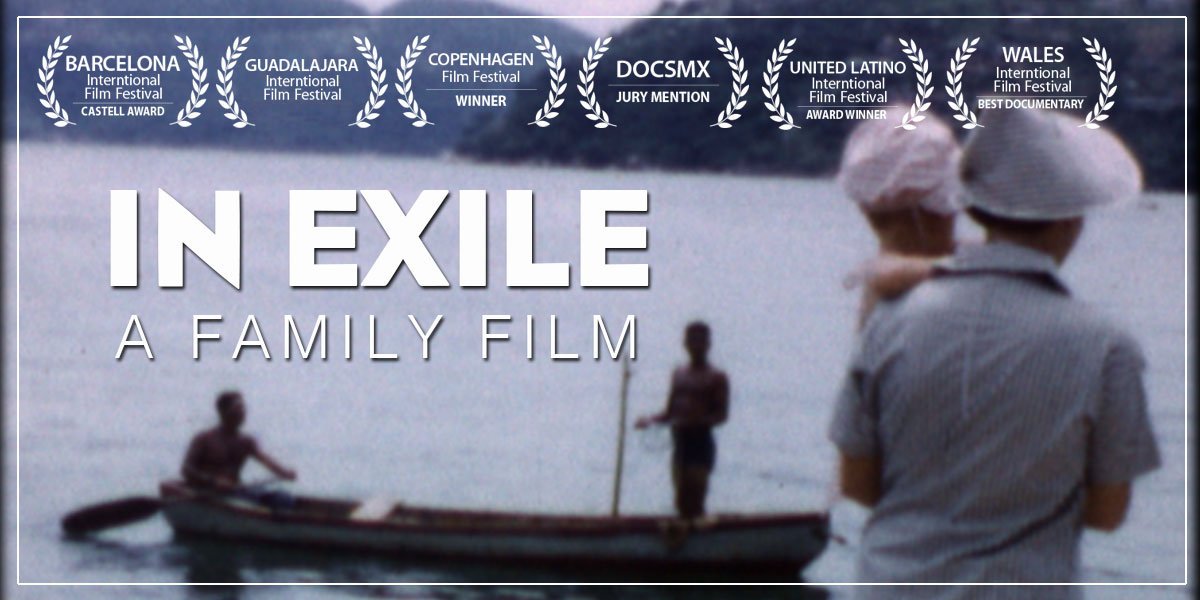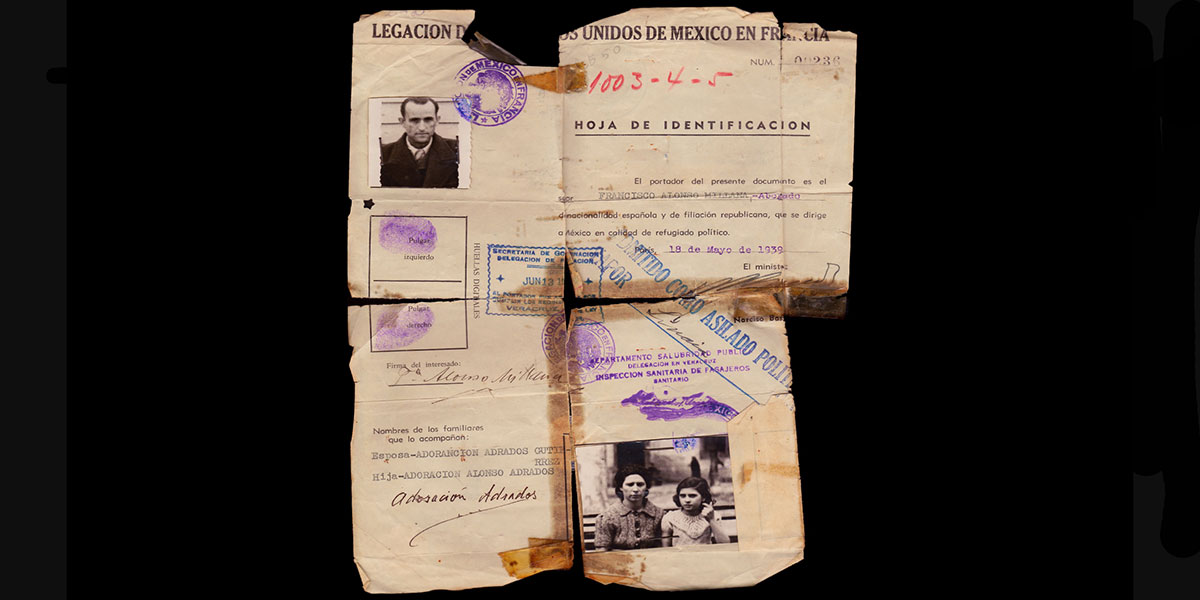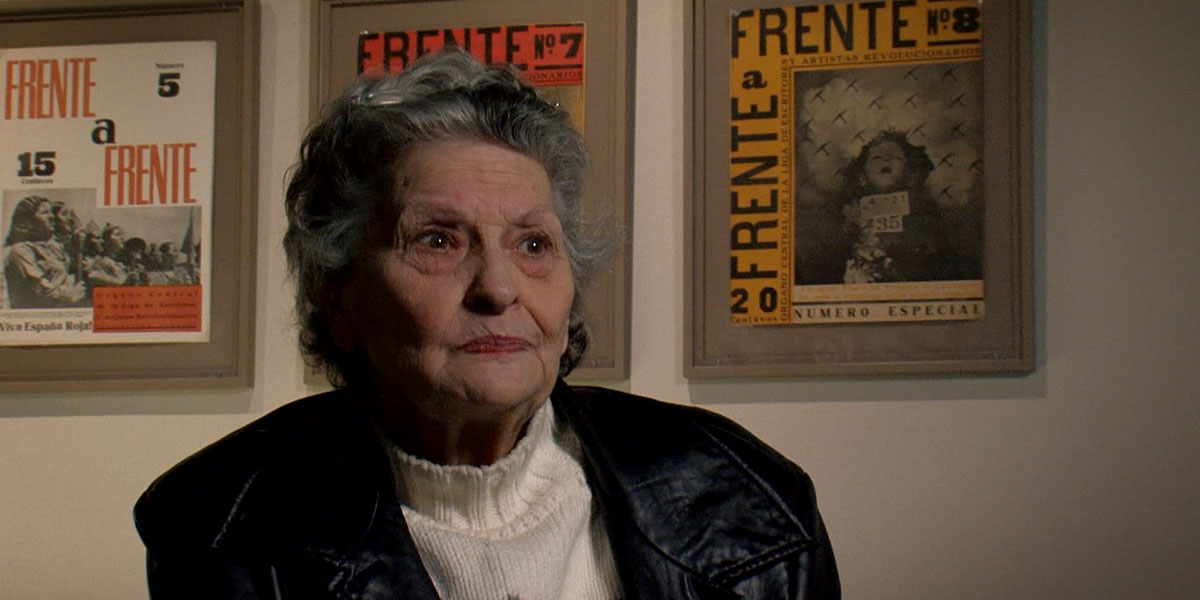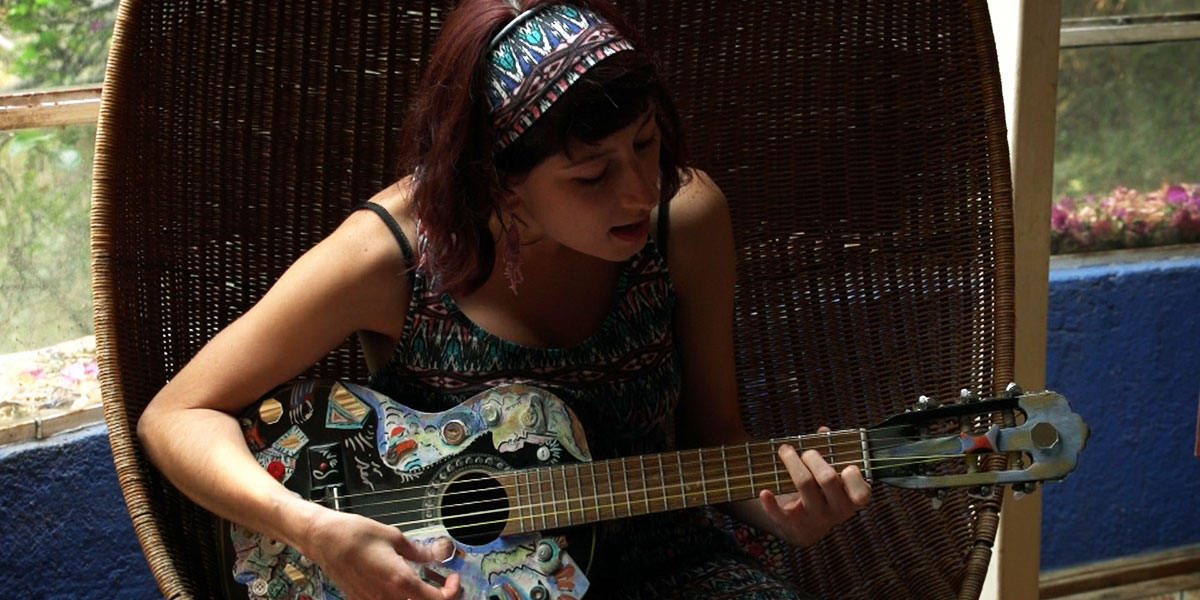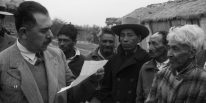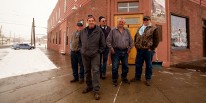In Exile: A Family Film
(Un Exilio: Película Familiar)
Juan Francisco Urrusti Alonso / Mexico / 2017 / 124 min
Barcelona International Film Festival
Castell AwardGuadalajara International Film Festival
Copenhagen Film Festival
WinnerDocsMX
Jury MentionUnited Latino International Film Festival
Award WinnerWales International Film Festival
Best DocumentaryGirona Film Festival
Best DocumentaryInternational Documentary Film Festival of Migration and Exile
WinnerTrieste Latin American Film Festival
Special Jury Award
